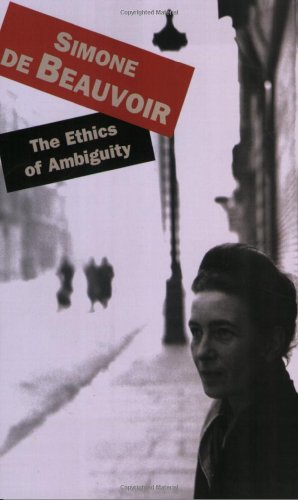Books Ive Read Part 4
Explore Part 4 of my reading journey with this curated list of books I've read. Discover top recommendations, genres, and insights to inspire your next read!

Book
The Blank Slate
by Steven Pinker
Each dogma carries a moral burden, so their defenders have engaged in desperate tactics to discredit the scientists who are now challenging them.".
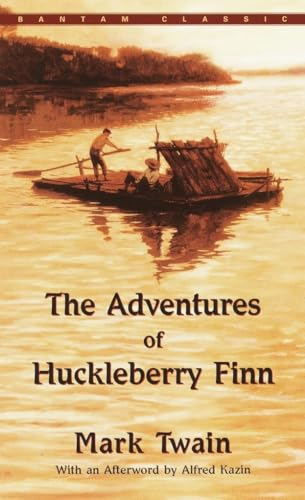
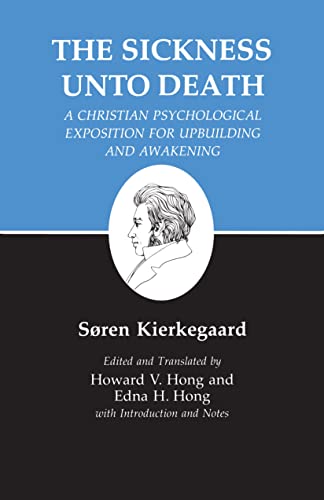


Book
V.
by Thomas Pynchon
The wild, macabre tale of the twentieth century and of two men -- one looking for something he has lost, the other with nothing much to lose -- and "V.," the unknown woman of the title.


Book
The Stranger
by Albert Camus
With the intrigue of a psychological thriller, The Stranger—Camus's masterpiece—gives us the story of an ordinary man unwittingly drawn into a senseless murder on an Algerian beach. With an Introduction by Peter Dunwoodie; translated by Matthew Ward. Behind the subterfuge, Camus explores what he termed "the nakedness of man faced with the absurd" and describes the condition of reckless alienation and spiritual exhaustion that characterized so much of twentieth-century life. “The Stranger is a strikingly modern text and Matthew Ward’s translation will enable readers to appreciate why Camus’s stoical anti-hero and devious narrator remains one of the key expressions of a postwar Western malaise, and one of the cleverest exponents of a literature of ambiguity.” –from the Introduction by Peter Dunwoodie First published in 1946; now in translation by Matthew Ward.
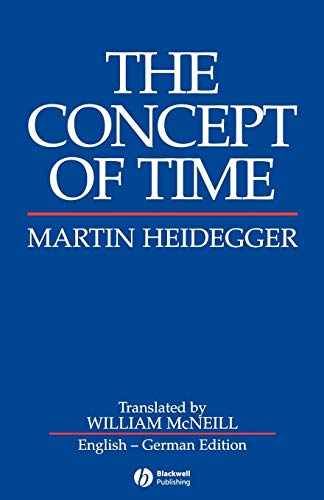

Book
The Things They Carried
by Tim O'Brien
One of the first questions people ask about The Things They Carried is this: Is it a novel, or a collection of short stories? The title page refers to the book simply as "a work of fiction," defying the conscientious reader's need to categorize this masterpiece. It is both: a collection of interrelated short pieces which ultimately reads with the dramatic force and tension of a novel. Yet each one of the twenty-two short pieces is written with such care, emotional content, and prosaic precision that it could stand on its own. The Things They Carried depicts the men of Alpha Company: Jimmy Cross, Henry Dobbins, Rat Kiley, Mitchell Sanders, Norman Bowker, Kiowa, and of course, the character Tim O'Brien who has survived his tour in Vietnam to become a father and writer at the age of forty-three. They battle the enemy (or maybe more the idea of the enemy), and occasionally each other. In their relationships we see their isolation and loneliness, their rage and fear. They miss their families, their girlfriends and buddies; they miss the lives they left back home. Yet they find sympathy and kindness for strangers (the old man who leads them unscathed through the mine field, the girl who grieves while she dances), and love for each other, because in Vietnam they are the only family they have. We hear the voices of the men and build images upon their dialogue. The way they tell stories about others, we hear them telling stories about themselves. With the creative verve of the greatest fiction and the intimacy of a searing autobiography, The Things They Carried is a testament to the men who risked their lives in America's most controversial war. It is also a mirror held up to the frailty of humanity. Ultimately The Things They Carried and its myriad protagonists call to order the courage, determination, and luck we all need to survive.



Book
On Writing
by Stephen King
The author shares his insights into the craft of writing and offers a humorous perspective on his own experience as a writer.

Book
The Art of Fiction
by John Gardner
This classic guide, from the renowned novelist and professor, has helped transform generations of aspiring writers into masterful writers—and will continue to do so for many years to come. John Gardner was almost as famous as a teacher of creative writing as he was for his own works. In this practical, instructive handbook, based on the courses and seminars that he gave, he explains, simply and cogently, the principles and techniques of good writing. Gardner’s lessons, exemplified with detailed excerpts from classic works of literature, sweep across a complete range of topics—from the nature of aesthetics to the shape of a refined sentence. Written with passion, precision, and a deep respect for the art of writing, Gardner’s book serves by turns as a critic, mentor, and friend. Anyone who has ever thought of taking the step from reader to writer should begin here.
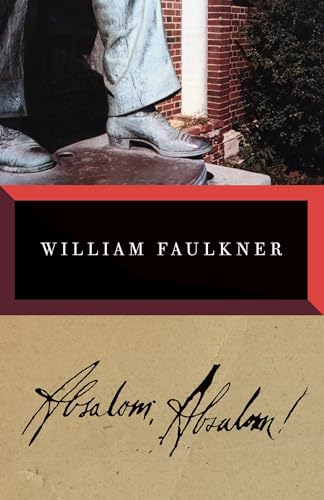
Book
Absalom, Absalom!
by William Faulkner
NOBEL PRIZE WINNER • Family drama and the legacy of slavery haunt this epic tale of an enigmatic stranger in Jefferson, Mississippi—from one of the most acclaimed writers of the twentieth century. “Read, read, read. Read everything—trash, classics, good and bad, and see how they do it. Just like a carpenter who works as an apprentice and studies the master. Read! You’ll absorb it. Then write. If it is good, you’ll find out. If it’s not, throw it out the window.” —William Faulkner Absalom, Absalom! is Faulkner’s epic tale of Thomas Sutpen, a man who comes to the South in the early 1830s to wrest his mansion out of the muddy bottoms of the north Mississippi wilderness. He was a man, Faulkner said, “who wanted sons and the sons destroyed him.”
